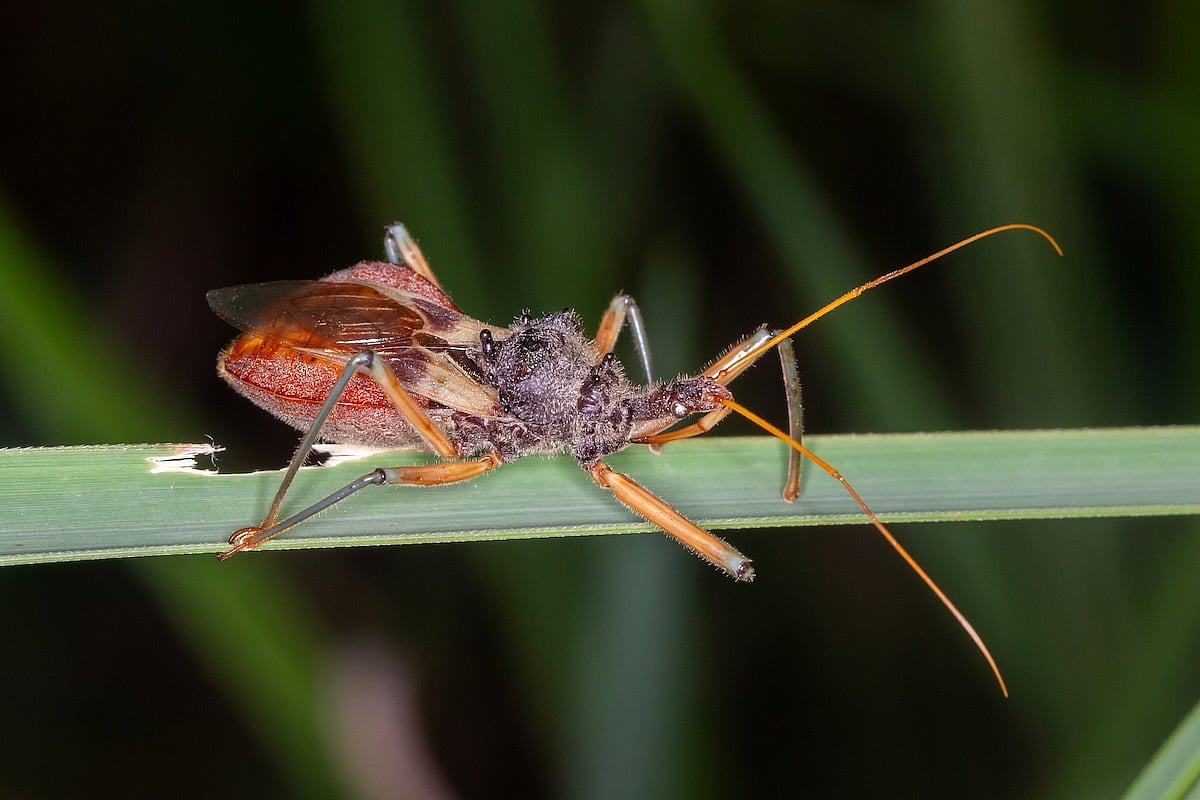Due to a recent change in our pharmacy software system, the process for submitting refill requests online has now changed.
Our previous mobile app and your current login credentials will no longer work.
Please click the My Pharmacy tab then Patient Portal to begin the new process.
Thank you for your patience during this transition.
Get Healthy!

- Posted September 9, 2025
'Kissing Bug' Disease Spreading in U.S., CDC Report Says
Chagas disease — a potentially serious illness spread by an insect called the “kissing bug” — may be establishing itself in the United States, according to a new U.S. Centers for Disease Control and Prevention (CDC) report.
The disease is common in 21 countries in the Americas, but growing evidence suggests it may also be becoming endemic in the U.S.
"Autochthonous (or, locally acquired) human cases have been reported in eight states, most notably in Texas. Labeling the United States as non-Chagas disease-endemic perpetuates low awareness and underreporting," the authors wrote in the CDC’s journal Emerging Infectious Diseases.
The triatomine insect — often called the "kissing bug" — has now been reported in 32 states, according to CBS News.
Most reported U.S. cases are in Texas, but others have been documented in California, Arizona, Tennessee, Louisiana, Missouri, Mississippi and Arkansas.
While researchers aren’t sure if kissing bugs are spreading more widely, the insects are being spotted more often. Experts say this owe to more human encounters and better research.
Chagas disease is caused by the Trypanosoma cruzi parasite, which lives in kissing bugs and can infect both humans and animals.
The bugs get their nickname because they often bite people on the face while they sleep. After biting, they leave droppings containing the parasite, according to UCLA Health.
"People might scratch or rub bug feces into a bite wound, their eyes or mouth without realizing it, which allows the parasite to enter their body," the CDC says.
An estimated 8 million people worldwide and 280,000 in the U.S. have Chagas disease, often without knowing it. The illness doesn't spread through casual contact and is not passed person to person like a common cold.
Chagas disease has two stages:
Acute phase: Shortly after infection, people may develop fever, eyelid swelling (Romaña’s sign), fatigue, body aches, rash, diarrhea, vomiting and loss of appetite.
Chronic phase: If untreated, the parasite can damage the heart, esophagus or colon years after infection, sometimes causing serious health issues.
Some people never show symptoms, the CDC says.
There is no vaccine to prevent Chagas disease, so experts recommend protecting yourself:
Use insect repellent and wear clothes that cover your skin.
Stay in well-built places when traveling (such as screened or air-conditioned hotel rooms).
Avoid raw fruits and vegetables that may be contaminated.
Seal windows and remove piles of wood, rocks and trash near your home.
More information
The Mayo Clinic has more on Chagas disease.
SOURCES: Emerging Infectious Diseases, September 2025; CBS News, Sept. 8, 2025






